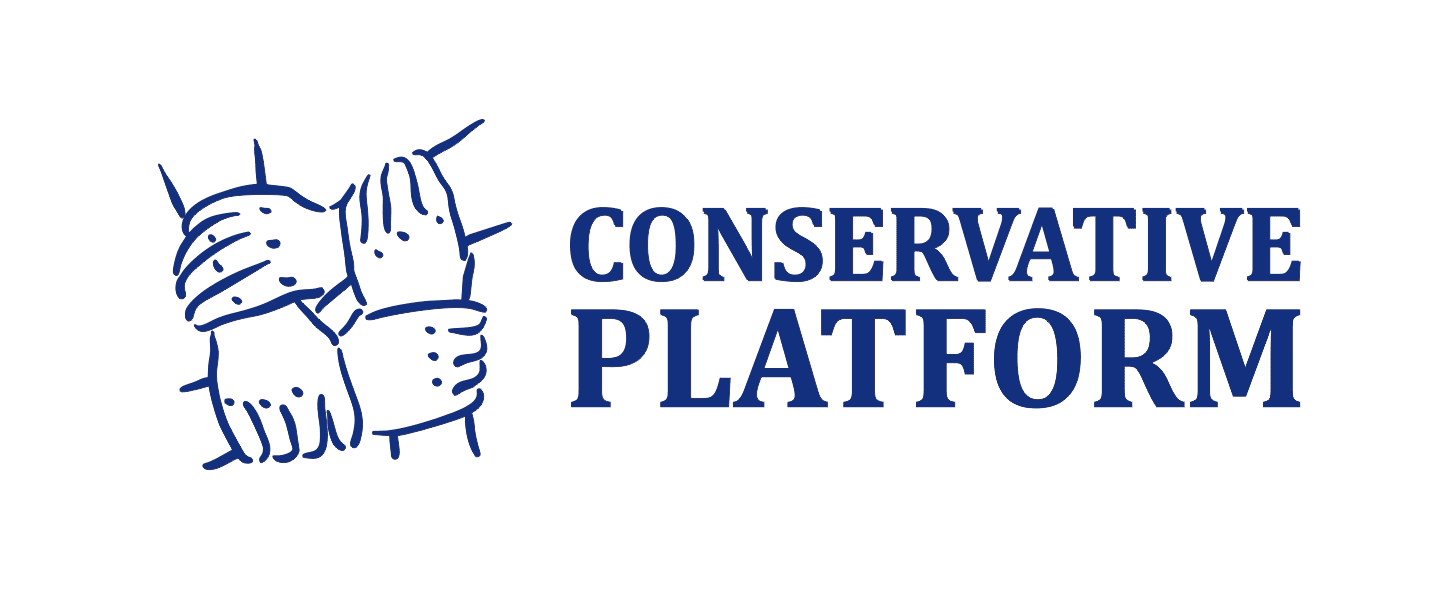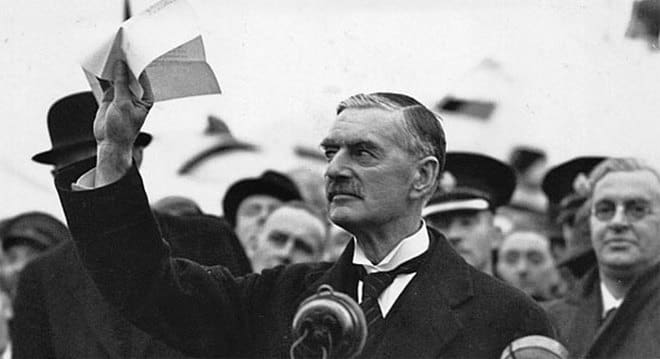One of the wisest politicians of the twentieth century, who recognized the global threat of Nazi aggression in advance and saved his country from occupation, was the conservative Winston Churchill. And the biggest problem of today is that there is currently no figure on the geopolitical scene who could become Churchill against the backdrop of the global offensive of new fascism.
The era in which Churchill lived was very similar to ours. Fascism was rising, and Western democracies were worried about business, which loves peace, and believed that business people could negotiate everything with anyone.
In the 1930s, Churchill warned of the danger posed by Hitler, warned Europe against destruction, and called for action before it was too late, but respectable politicians of the time called him an “arsonist of war.”
When the Nazis targeted Czechoslovakia, Churchill called for decisive action. But the British Prime Minister of the time, Neville Chamberlain, was an adherent of the policy of appeasement of the aggressor, which consisted of concessions and compromises with international criminals: “If you give the criminal what he wants, you can avoid war,” Chamberlain believed. Such a political philosophy seems absurd only now, but at the time everything was very ambiguous and many people thought that there was a chance to resolve everything peacefully. Like, we will always have time to fight.
Chamberlain was thinking in the spirit of democratic, election-oriented politicians. War is expensive, and even more so the war for some distant Czechoslovakia, where, as the German press writes, Germans are “oppressed.” Is it worth dragging your country into a war for someone else’s interests, sending British soldiers to their deaths, incurring huge budgetary costs, and even before the elections? A party that does this will inevitably lose the election. “Wouldn’t it be better to seek a compromise at someone else’s expense, bargaining for peace and tranquility for the British?” Chamberlain thought, just as Obama, Biden, Trump, etc. will think 80 years after him.
Hitler openly despised Western democratic leaders, and especially Chamberlain, whom he called a nobody out loud in the corridor of the Munich Conference. And the naïve Chamberlain, upon returning to London, declared that he had brought peace to this generation of Britons.
Only Churchill warned that Hitler would cheat and that a world war would soon ensue, which happened less than a year later. But few people liked this inconvenient truth. Just as no one now likes warnings that Russia may attack Europe in the next few years.
Modern Western politicians are trying to speak cautiously, to warn, but in a way that does not disrupt the usual way of life and does not lose popularity. Recently, NATO Secretary General Rutte pointed out the weakness and unpreparedness of the Alliance for such a large-scale war as Russia is waging against Ukraine.
But even voicing this means risks to their political careers and ratings. Politicians and generals who talk about this are breaking the usual pattern of life and demanding some extraordinary measures that cost a lot of money, may cost them defeat in the elections, and it is not yet known whether they will be justified if there is no war.
For example, if an average European country started real defense preparations, began to allocate enormous amounts of money for the army and weapons, froze unnecessary social projects, various programs to fight for tolerance, etc., and instead began to educate the population in military training, began to build trenches and bunkers, or, God forbid, to mobilize, this party would definitely lose the election, and very likely early.
Because if there is no war, the electorate will not see the effectiveness of all those weapons, air defense, and military equipment, but will only see a reduction in their own comfort. Therefore, politicians choose not to change anything drastically, to prepare for defense so minimally that neither the budget nor the voters will feel it, and to rely on negotiations in the hope of avoiding future conflict.
Meanwhile, Russia spends up to half of its GDP on war. And in Erefia, there are increasingly clear signals about the need to strike at the places where Ukraine supplies weapons, to “save from the blockade” the Kaliningrad region, which is “surrounded” by Poland and Lithuania, to break through the Suvalkovsky corridor, etc.
De facto, there is no influential politician in Europe, or in the West, who thinks as decisively and correctly about aggressive regimes as Churchill did on the eve of World War II. Statements that Putin, an international criminal, should be put at the negotiating table, not in the dock, show that there are too many Chamberlains in Europe today, but no Churchills.
Author: Valeriy Maydanyuk




